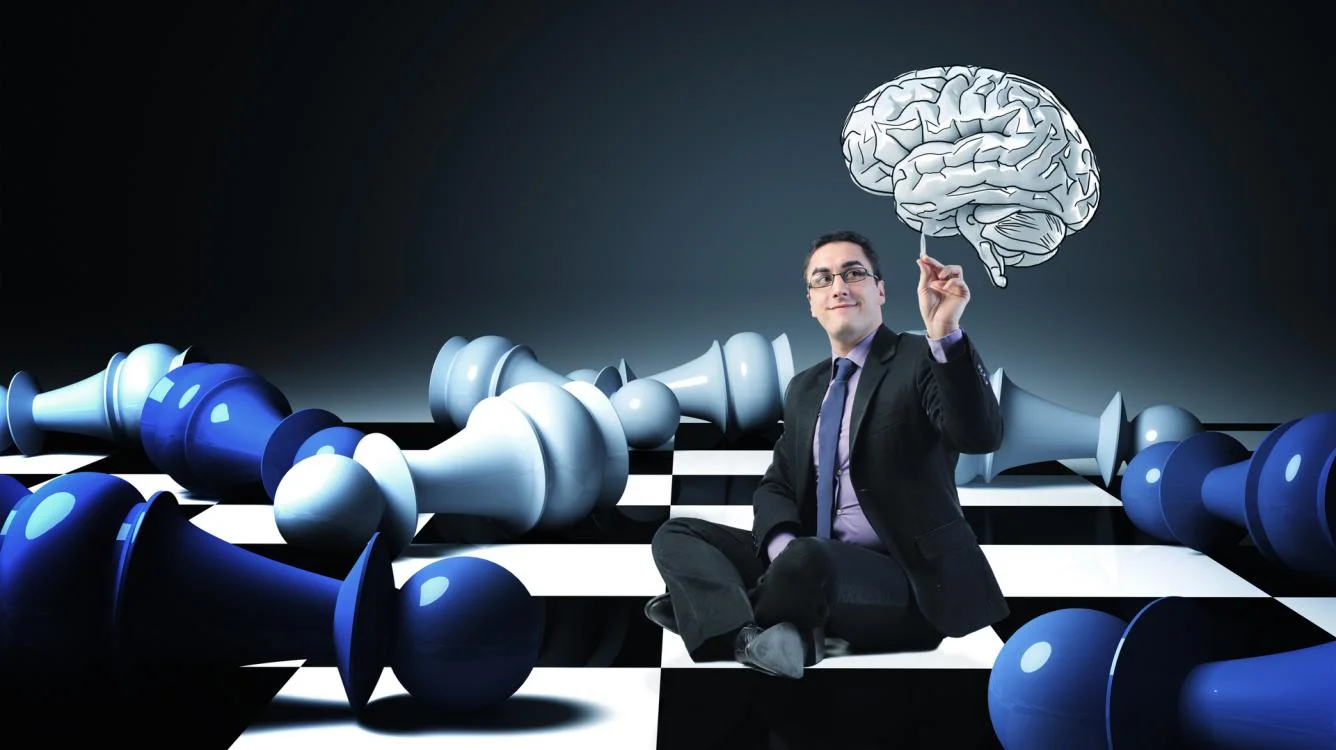Can our brains be re-wired? Could we reboot the matrix of our mind and upgrade it to perform better? Psychiatric researches intended to study the neuroplasticity of the brain - "the ability to change its structure and function in response to experience," (Sharon Begley, TIME, 2007) - reveal that consistent mental practices help in reorganizing our brain patterns. And that is good news!
What if our emotional responses could be controlled, behavioural patterns altered, and the entire thought process re-worked to make us better, smarter and productive individuals? Can our kids get less wimpy, grumpy, cranky and lazy with a few brain-tricks? Provokingly enticing!
Cognitive Capabilities of the Brain
One of the widely accepted techniques to re-wire our mental system is the cognitive development of the brain. A method that influences a positive and physical shift in the structure of the brain by challenging the thinking patterns. A "dusty brain" is a familiar phrase we grew up with. It was a teaser for a lazy brain that wasn't utilised properly! Surprisngly the adage comes to life with the discoveries that greater use of a particular muscle effect the brain to activate it further.
Cognitive skill development in children activates the frontal lobe in the brain which is responsible for initiating and coordinating sensory information such as evaluating, analyzing, remembering, and reasoning. It also influences motor movements, personality formation, and emotional makeup. The core cognitive capabilities like sustained attention, memory, pattern recognition, category formation, etc can be instilled in and developed early in life through consistent and effective mind training.
Chess -The Gymnasium of the Mind
As ancient as it is, Chess has an intriguing quality of being an engaging game as well as disciplinary training. As remarked by Martin Gardener, the late American mathematics & science writer, the game “combines the beauty of mathematical structure with the recreational delights of a competitive game”. It is this entertaining quality and structural complexity that makes the royal game a great platform for cognitive skills development.
The critical skills applied in a game of chess, such as problem-solving, abstract reasoning, creative thinking, etc helps the player to develop an attitude of logical reasoning and strategic thinking. A flair for keen observation and pattern recognition is nurtured in a kid early in his/her life as she/he learns to make the right moves, observe and foresee the opposition with patience and sportsmanship.
Chiselling it Right
Chess is a game of cautious evaluation. Every move has a purpose and every progress is preceded with careful analysis of the situation. There is always a plan and a bigger picture. Every piece is pushed into its destiny with a purpose to win. Success isn’t just hard work or following the rules, but depends on strategic thinking and reasoning.
Chess is an application of both fluid as well as crystallized intelligence. It is based on the stored knowledge of specific rules but achieves momentum through the effective use of abstract reasoning and problem-solving.
This cognitive nature of the game exercises the grey matter in a regular player, instilling in him/her skills and abilities such as Response Inhibition or the capacity to restrict from getting distracted, Multiple Simultaneous Attention, Cognitive flexibility or the control of mind, etc. Chess helps in improving the speed of processing information, Category Formation (organizing information & language skills, etc.), Pattern Recognition – the ability to perceive certain patterns that occurs or follows a situation and get prepared for that, etc.


